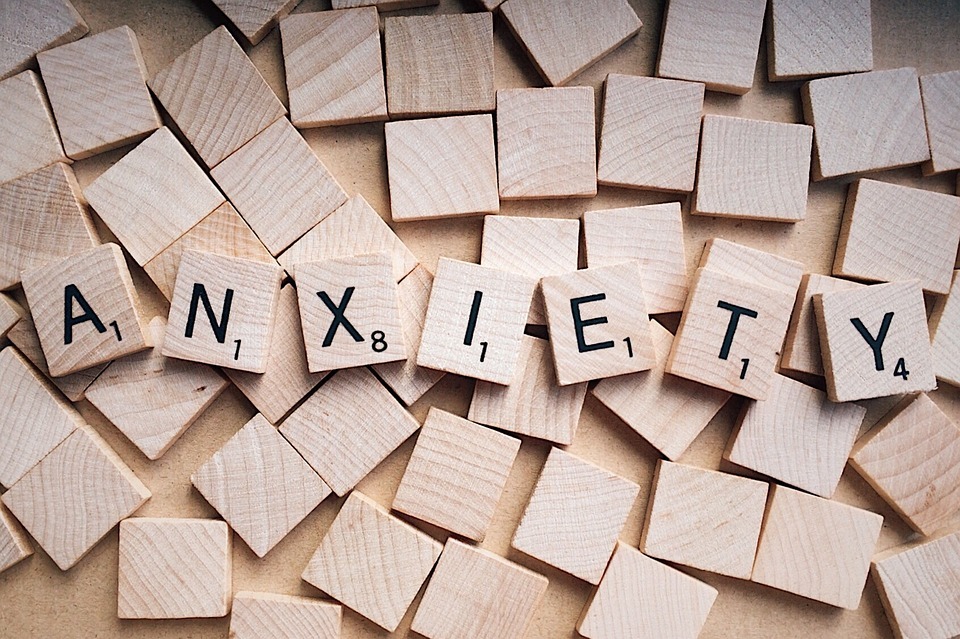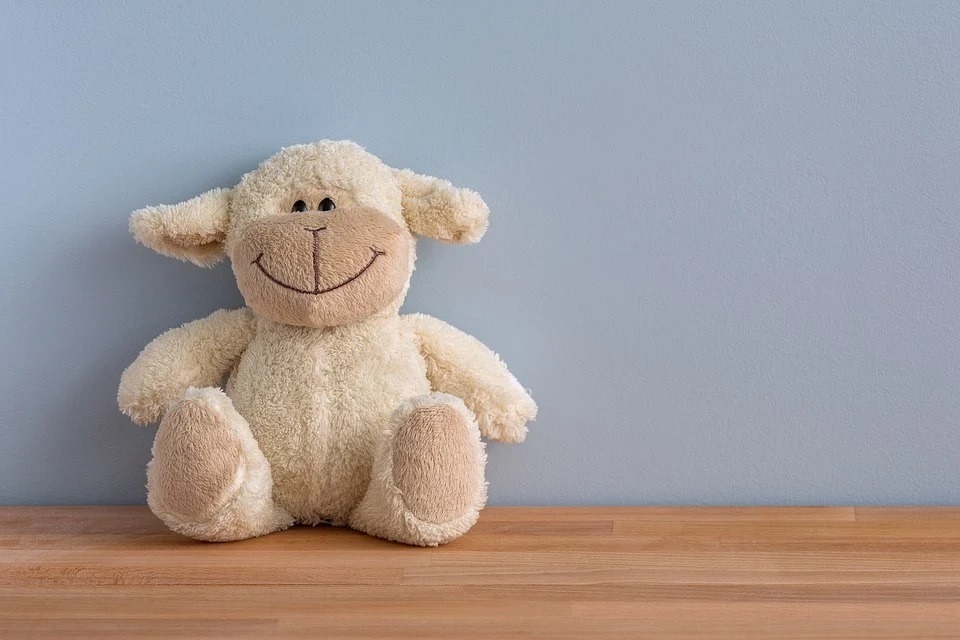Childhood is supposed to be a fun and free time of life. Being a child is having nothing to worry about in life. However, today, we see an increasing number of anxiety in children. Some children face extreme fear, which causes hindrance in the growth of their personality.
In these cases, children must not be left alone. Parents should talk to them about it. Therefore, before talking to them, observing the signs of anxiety is crucial. It will help you know how to approach the conversation or whether your child is suffering from the disorder or not.
Signs of Anxiety in Children
Separation Issue
Many have experienced separation anxiety while being separated from their parents, either as a baby or a toddler. When someone not familiar with the baby picks them up, they display discomfort to the point that they start to cry. However, as we age, we become more comfortable around new faces, whereas children suffering from separation issues do not. Being separated from their parents while going to school makes them extremely nervous.
They avoid meeting or facing strangers due to the fear of not being accepted. Children who do not want to meet new people other than their parents or the people they already know are concerned. It should not be overlooked as them just being a child because it can create communication issues as they lean into their young adulthood.
Performance in school
Your child’s poor performance does not always imply that he or she is anxious. Intelligence varies from person to person. However, if your child was doing great at school and participating in extracurricular activities and now is losing interest, you should look into that.
Sudden downgraded performance can be a sign of anxiety. Maybe your child is finding it hard to fit in the educational environment or even face bullying. Factors like these cause fear in a child. Feeling of insecurity and not being confident and comfortable takes away the attention of a student from the classes and is shifted towards when they are going to get home.
Having Trouble Making Friends
Your child not wanting to make friends versus not being able to be different. Have casual conversations with your child about friends without being obvious. So they do not get uncomfortable. If your child complains about how they feel shy to the point they want to hide away is a clear sign of anxiety. Your child not being able to start conversations or reply to children who are interested in making your child a friend will make them lonely in the end. People with anxiety tend to avoid public situations and prefer to be in their own company.
Easily Irritated
Being easily irritated due to small things might be a sign of anxiety. If your child was completely normal, but now they get irritated over everything every day, they are disturbed. It makes a person uncomfortable at all times. An anxious person is so agitated within themselves due to all the negative thoughts. Anything wrong, no matter how minuscule the issue is, they burst out.
Your child will look to gain perfection. They will seem to plan out everything in great detail. It is because an anxious person makes sure that nothing goes out of order. Because if a small part of the plan does not go as thought out, they will feel down the whole time
Personality Change
Personality is a broad spectrum, but signs like your child being quiet and reserved all of a sudden should alert you. Personality change is a sign of them getting older but, we are talking about drastic changes here. Your child going from happy, sweet, and confident to being moody, angry, and reserved all the time is a big concern. Many parents let these signs pass as their children get older. Getting older should not bring drastic changes in someone’s personality. Anxiety changes a lot in a person’s mind. And these changes can lead up to violent behavior patterns in your child.
An Extreme Level of Fear
Sure, children are scared of animals, insects, or imaginary monsters underneath the bed. It is not concerning. Just talk with them about how the animals are our furry friends, and the monsters under the bed are just an imaginative fear. However, if the fear exceeds the point that your child can not stop thinking about it or the anxiety interferes with their routine, it is a problem. For example, if your child almost got scratched by a cat and now they are scared to go out or go to their favorite park to play because they are fearful a cat is nearby. Same with people, if your child had an unpleasant exchange with a kid, now he is too scared to go to school or meet new people. An extreme level of fear like this is a clear sign of anxiety.
How To Talk about Anxiety to Your Kid
After spotting the key signs that your child may be suffering from stress, you should prepare that, how will you talk to them about it. The topic of anxiety should get talked about like that the child does not get fearful that something is wrong with him.
Have a one on one conversation
Just be straightforward. Talking about an issue as soon as possible is the best step. But make sure that it is not clear to the child that you are trying to know about his problems. Being an anxious person, he will shy away from describing his issues and might even be scared that he will get judged by you. Let them know that you are noticing signs that may indicate an anxiety disorder. Explain to them what anxiety is and portray it as there is nothing much to worry about and that it happens to many, and they are not alone. Tell them that this is a part of life and you as a parent also face it. When a person knows that someone close to them is also going through the same thing as them, they feel a level of comfort and motivation to get over it because they do not feel alone.
Ask Them About Specifications
Help them let it out. After assuring your child that it is not scary as it seems to be, ask them about specific details on how they feel. Ask them how they are doing mentally when someone close to them is not there. Get to know if they are facing physical signs. Hearing their side will help you figure out the intensity of the problem and point out what kind of anxiety they are facing. Make sure to ask them about their day and how they felt throughout the day. It will help them open up to you. And as time passes, they will get more comfortable talking about it rather than hiding it and making it worse.
Help Them Face It
Validate their feelings by agreeing on the fear that they are feeling. When we agree with a person, it assures them that they are not alone and whatever they are feeling is reasonable.
Anxiety makes a person question, why am I feeling this? They feel like they might be weird for having this thought, which makes the situation worse than it already is.
Whenever your child mentions their hurdles, tell them that you would have gone through the same pain or struggle. Rather than just giving them emotional help, tell them a way out of it and how you would act it out.
Guide them as to how it is appropriate to get over the problem by taking easy steps.
Show them how you face anxiety
Accepting your nervous moments is the best approach to help your kid. Share your worries with your youngster whenever you are worried. Tell them that mom/dad is feeling anxious today.
Say, I am taking deep breaths and relaxing to take control over myself. Then, I am going to think about the solution. I am not scared, and I should trust myself because I thought my step through. The reason for sharing this is that your child mimics what you do. So when they are going to be in an anxious moment, they will think about what their parents did.
Clinical Help
If you feel like your child still needs extensive help, feel confident in contacting your doctor. It is critical to take all possible steps to improve the lives of children. Before taking them to the doctor, tell your child that going to the doctor is normal.
Bottom Line
Children are innocent beings and suffer a lot from adults who do not spend time with them. The article has listed when to check that your toddler suffers from anxiety and how to deal with it.
Make sure to check out the best activities for bonding with your baby.



